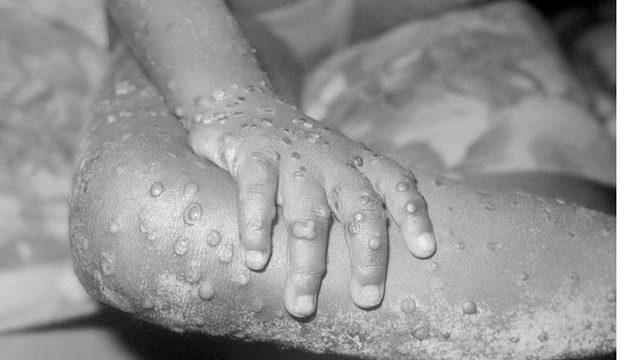The World Health Organization (WHO) has warned that cases of monkeypox virus may continue to rise.
The head of the organization’s Epidemic Diseases Unit, Dr. Sylvie Briand, however, emphasized that the epidemic can be brought under control with the right measures, and that the public should not be worried.
Stating that there is no need for mass vaccination programs at this stage, WHO officials recommend that only people who have close contact with patients be vaccinated.
The organization asked member states to report their vaccine stocks.
Germany announced this week that it had placed an order for 400 thousand doses of the Imvanex vaccine, which is used for the treatment of smallpox but is also effective against the monkeypox virus.
So far, around 300 cases of monkeypox have been reported in nearly 20 countries outside of Africa, mostly in Europe.
Monkeypox cases are mostly seen in West and Central African countries.
The disease virus is often associated with travel to these countries. However, in some cases, the travel link is not visible.
The virus, which does not spread easily between people, can spread in the following ways:
- Touching clothing, linens, or towels used by someone with a monkeypox rash
- Touching rashes or crusts
- Exposure to coughing or sneezing by an infected person.
If infected with the virus, it takes between five and 21 days for the first symptoms to appear.
Symptoms include fever, headache, muscle aches, back pain, swelling of the lymph nodes, chills, and weakness.
Health officials recommend vaccination within four days of exposure.
It was stated that this could be extended to 14 days if necessary.
